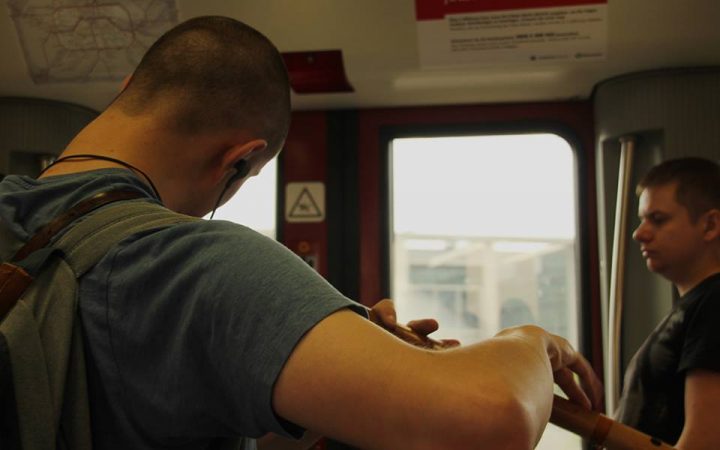Historical moments are a kind of great ship on which we travel without even realizing it sometimes. They have a decisive direction that it is pointless to try to modify from within the small cabins in which we find ourselves. A forceful impulse is needed, often an external shock, an irreversible decay, at other times it is necessary to construct a huge convergence of different actors, the irruption of new beliefs and a mobilizing mysticism, so that this impulse can gain sufficient force and change the era’s course.
Normally forms, values, aspirations, flags and themes in vogue are imposed and can be perceived on the historical horizon.
Thus, in a world marked by the power of money, by discrimination, violence and marginalization, a world in which a huge distance separates the opportunities of the great majorities while increasingly favouring narrower elites, a world governed by almost grotesque leaders and supported by the most Neanderthal right-wing, it is unsurprising that in a small Latin American country, little attuned to global trends, Chile wanted to set the same tone as the rest of the continent in this month’s elections, electing for the immediate future a government that will be best friends with Macri in Argentina and Temer in Brazil, and surely also with Macron in France and, why not in the near future, also with Trump?
Sebastián Piñera perfectly represents the type of president that currently leads the region and promises to carry out the same policies as in the rest of the neighbourhood, so we already know how Chile will be governed in the next four years and the setback this will mean for the country. The 54.58% of Chileans who went to the polls favoured him with their confidence, surprising analysts merely by confirming the neoliberal, Christian, militaristic, extractivist and free-market tendency, capable of sweeping away social rights and of being blatantly xenophobic, a tendency that follows the global prevailing model in recent years.
Those of us who want a humanist, inclusive, nonviolent, redistributive, decentralized world, a world in which groups improve individuals and the collective takes precedence over the particular, will have to appeal to our greatest inspiration to work for the future, for the transformation of the conditions that operate in this moment.
Fortunately, an incipient new force is in a position to begin to break through, from below, from the grassroots, from social movements, emerging currents, ecologists, feminists, animal rights activists, indigenous people, teachers and pensioners who no longer want the current pension system, students, and so many others with whom humanists have been seeking to channel the impulse for freedom for just under a year now, giving political form to the Chilean Broad Front. It is still a fragile and young current, but already with an interesting level of representation capable of being a determined opposition to the new government and of growing and deploying all its power at the right time, and of anticipating the new era and then moving forward with great resolve.






